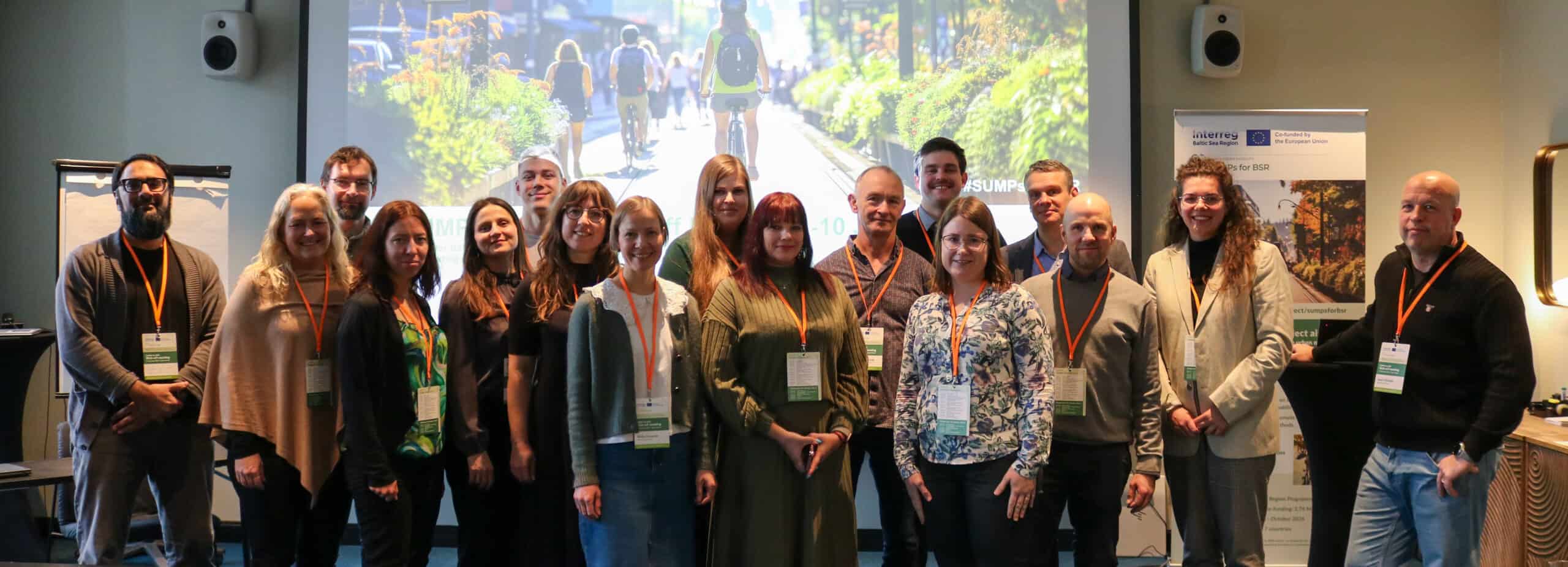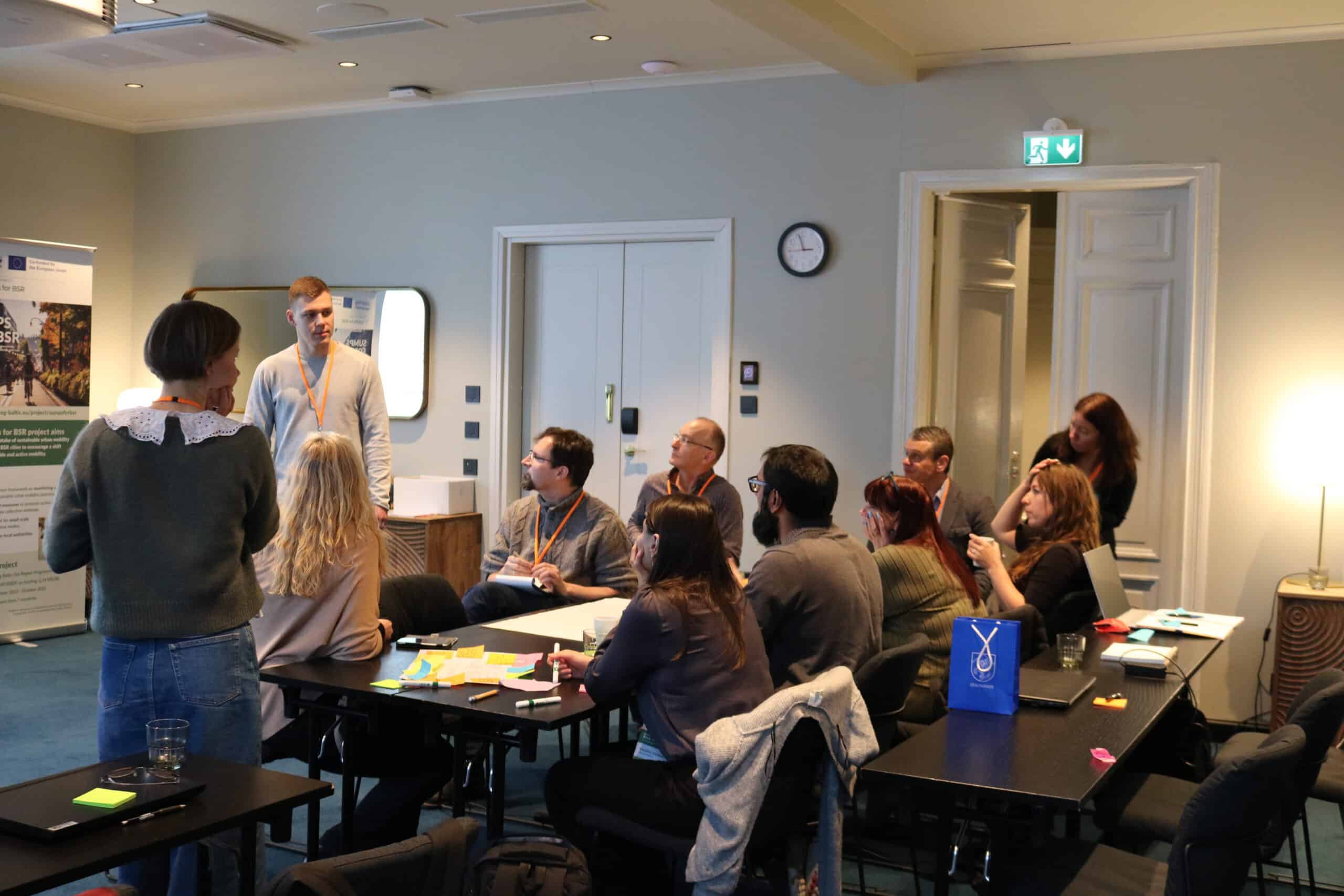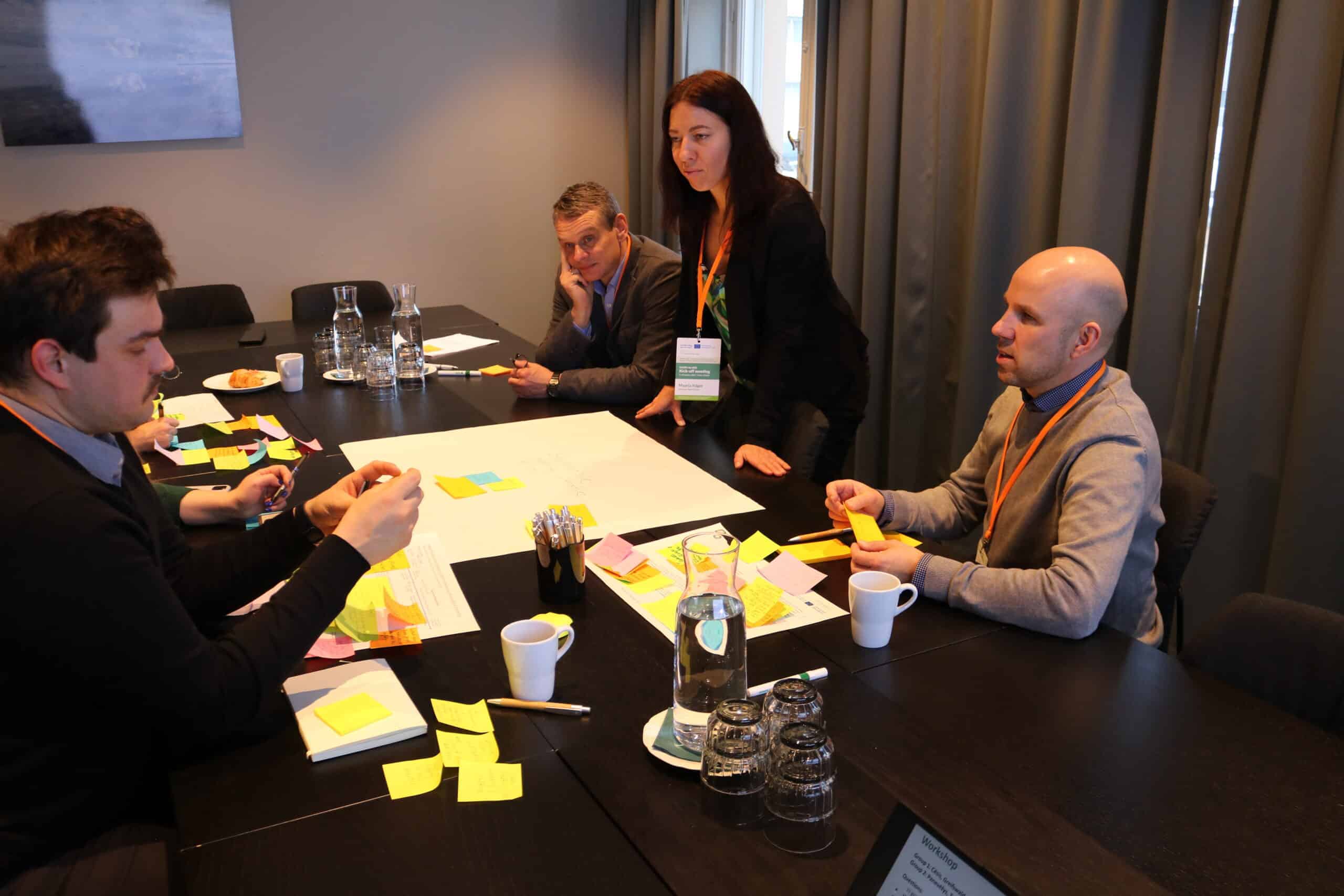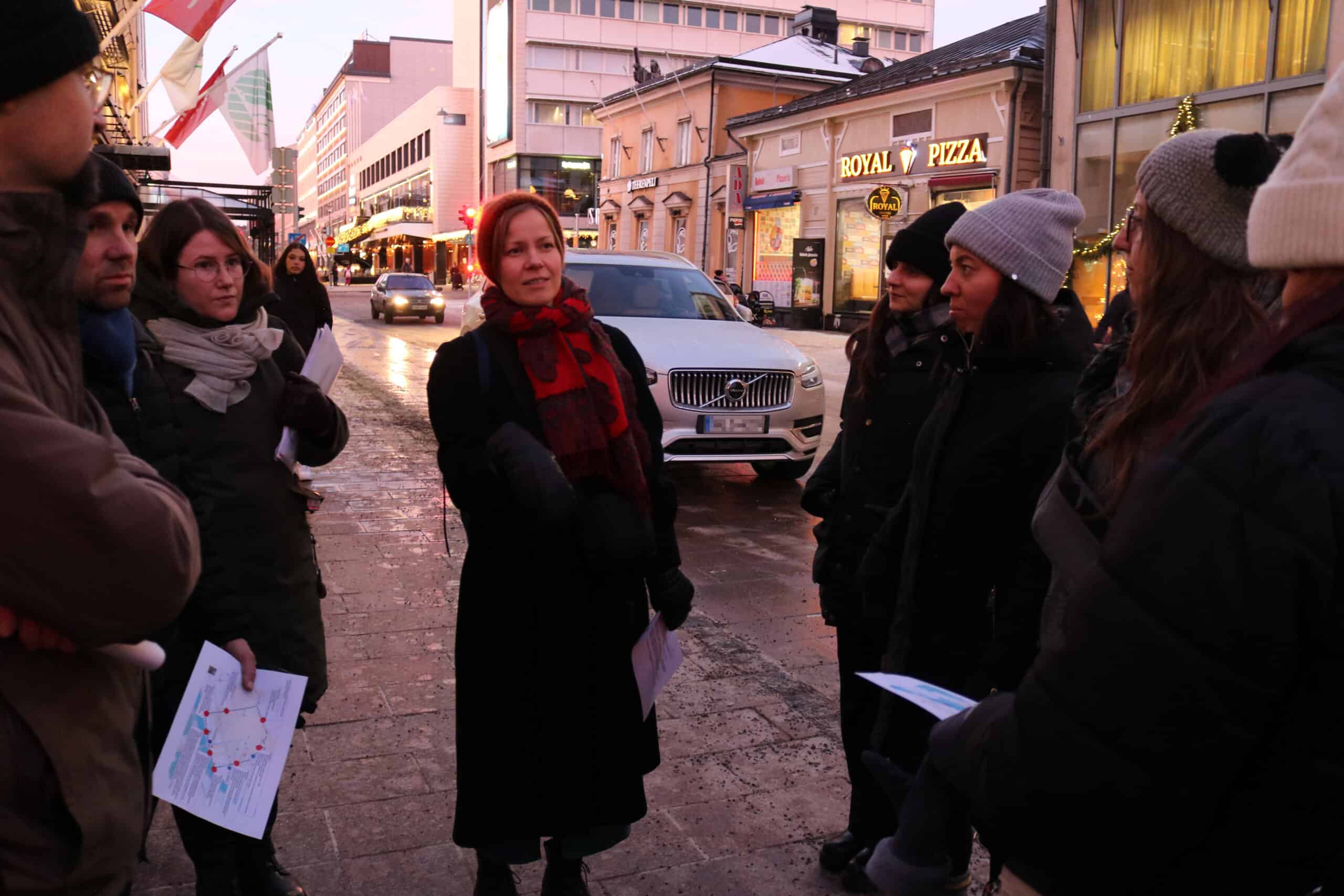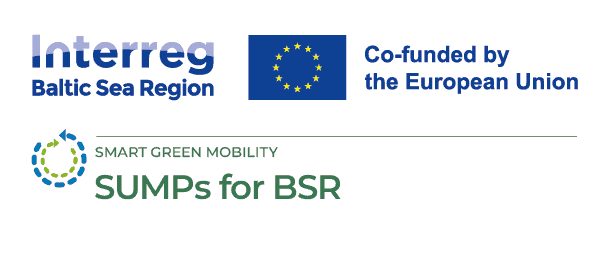
Empowering BSR Cities to shift towards Sustainable Urban Mobility: SUMPs for BSR Project kicks off in Turku.
22 January 2024
As municipalities around the globe are putting efforts to tackle the challenges posed by climate change, cities of the Baltic Sea Region are tasked with the transition to sustainable mobility. Despite the urgency, existing mobility plans are often car-dominated. Acknowledging the need for change, SUMPs for BSR project supports cities in reshaping their planning practices emphasizing people-centered sustainable urban mobility planning. By focusing on active mobility modes and promoting an active and healthy lifestyle for citizens, the project will significantly contribute to the reduction of emissions from traffic.
The project consortium has convened in the City of Turku – the host city of the UBC Sustainable Cities Commission and the lead partner of the project. The kick-off meeting, held on 9-10 January, has brought together the experts and practitioners in urban mobility planning from the consortium, fostering discussions on shared challenges and collective solutions.
The central part of the SUMPs for BSR project is developing a comprehensive framework for monitoring and evaluating sustainable urban mobility planning. This will empower cities in the Baltic Sea region to establish planning processes and evaluate the performance of the local mobility system, providing crucial information for planning and decision-making. One of the aspects of the project will be the development of the model for cities to test and experiment with innovative mobility solutions, with a particular focus on active modes such as walking and cycling.
The kick-off meeting commenced with welcoming words by the head of UBC Sustainable Cities Commission secretariat Agnieszka Ilola, which set the tone for collaborative efforts. The meeting was marked by the workshops engaging participants in identifying the best ways to reach the target audiences and discussing the common challenges and essential needs for monitoring and evaluating the Sustainable Urban Mobility Plans. The partners were involved in presenting their plans for the pilots and actions within the project which was followed by the discussions of the pilots.
In addition to fruitful work and discussions, the consortium has explored the liveliest mobility nods in the centre of Turku. Partners had an opportunity to get to know the e-cargo bike and bike sharing systems, toured the recently refurbished Market Square and its amenities, explored the pedestrian-only areas and gained insights into the transformation of the Aurajoki riverbanks from car-dominated street into a multiuse bicycle priority street.
